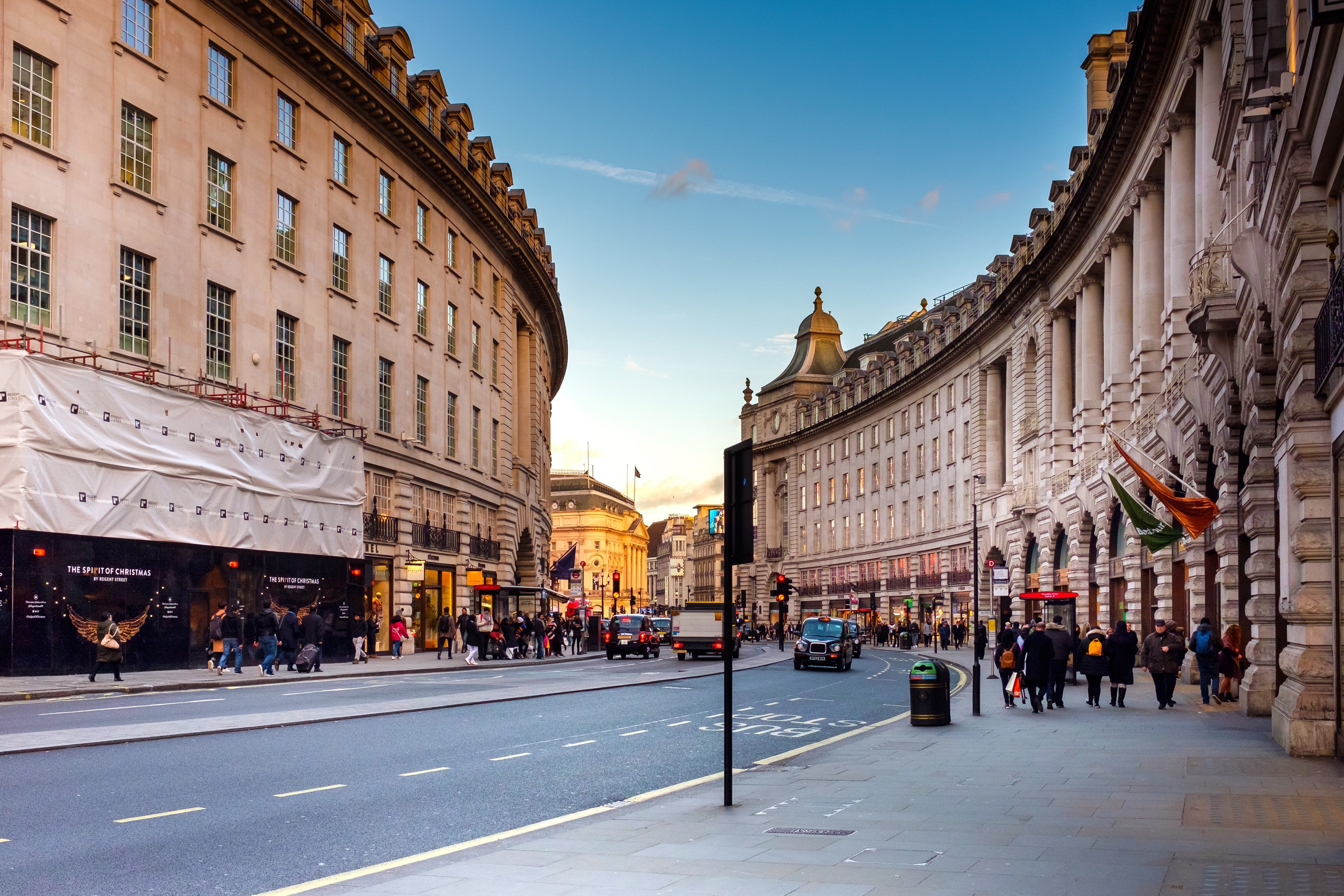Times are tough for UK high streets. The soaring popularity of online shopping, a weakened post-Brexit-vote pound and rising business costs have already seen some of the nation’s favourite shops close their doors. It’s a list that includes 100-year-old Woolworths (2008), Blockbusters (2013), BHS (2016) and now Toys ‘R’ Us and House of Fraser who both fell into administration this year (although House of Fraser was later saved by Sports Direct)
Countless others businesses are feeling the strain. In a recent message to shareholders, M&S chairman, Archie Norman, said the business was ‘on a burning platform’ and ‘unless we change and develop, in decades to come there will be no M&S’.
A rather bleak prognosis. But what does it mean for the future of our high street stores? Well, to quote Charles Darwin: ‘It is not the strongest species that survive, nor the most intelligent, but the ones most responsive to change’.
When it comes to survival on the high street, it appears to be a case of adapt or die. And some key retailers are beginning to shift their stance. John Lewis now sells more online than it takes in its flagship Oxford Street store, and Tesco’s online sales are now second only to Amazon.
So, as any positive, business-minded person will tell you, challenge brings opportunity. Or, as any Game of Thrones fan will tell you, ‘chaos is a ladder’. John Lewis and Tesco have moved to take advantage of shifts in consumer behaviour, so it shouldn’t come as a surprise that amidst the changing landscape of the UK high street, there are still opportunities to thrive.
In fact, there are a number of growth markets currently bucking the downward trend:
- Coffee Shops: There was a 6% growth in 2015 and a predicted 26% increase by 2020.
- E-cigarette Shops: There are currently over 1700 of these shops, with new ones opening at a rate of two a day. Half of these opened in 2016.
- Estate Agents: There are more estate agents in London than independent butchers, fishmongers and grocers put together. Over 200 opened in 2016 alone.
- Beauty Salons: Female spend is up 19% and male 23%, while 90% of salon owners are optimistic about their business prospects.
- Convenience Stores: Around 50,000 exist in the UK and store opening growth is up 16%.
There are opportunities too, for individuals working in retail who may be looking to reposition during this time of flux and uncertainty. Retail workers develop a range of hard and soft skills that are easily transferable into other industries. Experience in customer service and knowing how to deal with people, coupled with persistence and persuasiveness when selling give them the foundations for success in any number of people-facing or sales-based environments.
Ultimately, no one knows exactly what the future holds for the UK high street. However, by keeping informed and being prepared to adapt, we can turn chaos into opportunity and continue to move forward.
If you’re looking to change jobs or just after some advice on how to take the next step in your career, get in contact today at london@kennedypearce.com or call 0203 846 0750.
